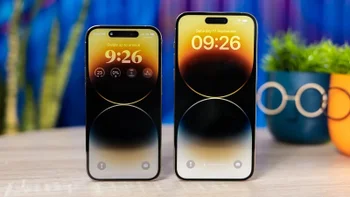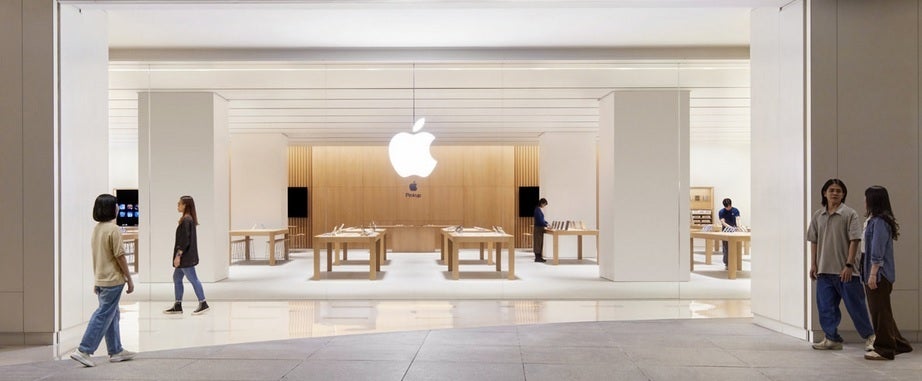Pot, meet kettle: Government workers in China barred from using the iPhone at the office

The tensions between the U.S. and China are wound up tighter than the high "E" string on a guitar. The Wall Street Journal reports that officials at China's central government agencies have been told not to use an iPhone for work and not to bring the device into the office. The ban also covers any other foreign-branded smartphone and comes on the heels of Huawei's introduction of the Mate 60 Pro flagship phone.
The unveiling of the Mate 60 Pro was an important moment for China because it was the first Huawei phone in three years to be equipped with a homegrown 5G chipset. The chip, the Kirin 9000s, was produced by China's largest foundry SMIC using a 7nm process node even though the entire country has been banned from receiving an important piece of equipment, the extreme ultraviolet lithography (EUV) machine. The school bus sized machine is used to etch very thin circuity patterns on silicon wafers and is usually employed during the production of chips using the 7nm mode and smaller.
Huawei, as it did with U.S. bans pertaining to software, has apparently figured out a way to skirt around U.S. regulations that ban the manufacturer from obtaining cutting-edge chips from the world's most capable foundries. There is a connection between Huawei's announcement and the actions taken by the country's central government agencies. China has been trying to reduce its reliance on foreign technology and a big step was taken in that direction by the use of Huawei's Kirin chips in the Mate 60 Pro.
Over the last few weeks, workers at China's central government agencies were informed of the new smartphone directive by their bosses in workplace chat groups or meetings. Besides seeking to build more popular tech using homegrown parts, China is also concerned about cybersecurity and in this regard, the country is no different than the U.S. In the States, Huawei devices are banned for fear that they contain backdoors that gather sensitive data and send it to Beijing. Huawei and ZTE are considered national security threats in the U.S.

Apple Store in Shenzhen, China
Beijing wants employees at China's central government agencies to replace their iPhones and other foreign handsets with phones designed and built locally. This shouldn't be a problem as there are plenty of capable Chinese smartphone manufacturers selling high-end phones. Besides Huawei, China is home to several phone manufacturers including Oppo, Vivo, Realme, Xiaomi, and more. The country is the number one smartphone market in the world ahead of both India and the U.S.
Despite the ban in China affecting central government agencies, consumers are going to continue to buy the iPhone. In other words, iPhone sales are not going to go away because of the new directive. Apple gets something of a pass because it is responsible for millions of jobs in China through its contract manufacturers and suppliers. In China, the iPhone is the top premium handset and the country is responsible for 19% of Apple's overall revenue.
Next Tuesday, Apple will be unveiling the new iPhone 15 series.










Things that are NOT allowed: